Uzbekistan wants to join WTO, but increased fees will hinder negotiations
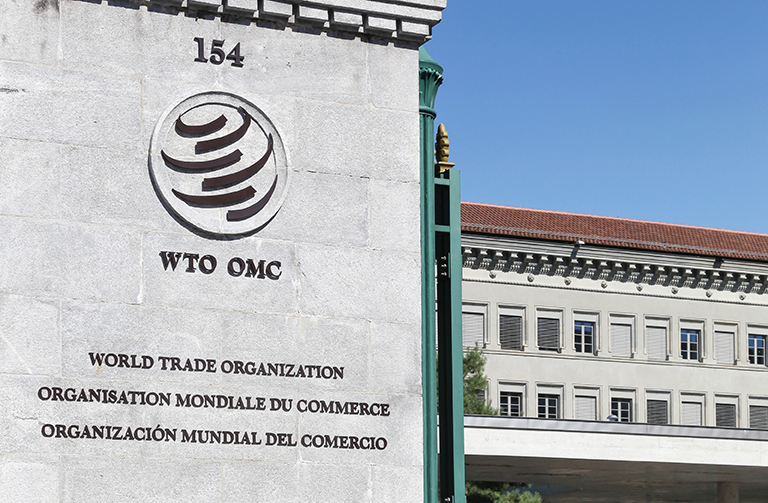
Photo: wto.org
More than a year ago, Uzbekistan resumed the process of accession to the World Trade Organization (WTO). This was designated by President Shavkat Mirziyoyev in the Actions Strategy for 2017–2021 as one of the key areas of development of the country in the trade-economic sphere.
“Almost all countries of the world have already joined, and we are still lagging behind. Negotiations are about to begin. Different approaches are emerging in the government offices as to how we are better prepared for joining. Unfortunately, these approaches are rarely openly declared, so it is very difficult to evaluate and discuss them,” an economist Yuli Yusupov says.
According to him, in order to obtain more advantageous positions in negotiations on accession to the WTO, it is necessary to raise customs duties where possible, in advance.
“Then supposedly it will be possible to bargain for more favorable conditions, agreeing on their reduction. Negotiations on joining the WTO is similar to bargaining at the Uzbek market: to buy cheaper (for example, for 10,000 soums), you need to start bargaining at an even lower price (8,000). This approach is well understood and seems quite logical. But in practice, it does not work, but only weakens our accession to the WTO,” the expert believes.
Umida Khaknazar, a lawyer and expert on WTO issues, writes in detail about this.
“In the light of the discussions on the possible increase in import duties as a necessary tool in the negotiations on WTO accession, I would like to highlight some aspects that may not have received sufficient attention from the officials who make such decisions,” Umida Khaknazar writes.
According to her, the process of entry into the WTO consists of three main stages:
preparation by the acceding country of a memorandum on foreign trade regime, which describes in detail the policies and institutions of foreign trade;
multilateral negotiations, including holding meetings of the working group in Geneva, as well as questions and answers aimed at clarifying the facts of WTO members interest on the trade regime of the acceding country;
bilateral negotiations on tariff concessions, services and agricultural subsidies.
The last two stages in practice pass in parallel. In the process of accession, the country should bring the basic laws and trade measures in accordance with WTO rules, as well as satisfy the requests and wishes of WTO members.
During the question and answer stage, the entering country is asked to submit an initial schedule of proposals for trade liberalization.
One of the strategies that some countries have adhered to in the accession process is to propose at this stage a “minimal liberalization” sufficient only for accession to the WTO. The alleged high customs duties are supposedly useful for using them as a “bargaining chip” in the negotiation process and for improving their access to the markets of member countries at future rounds of trade negotiations.
It would seem that such a position is not without logic, when both parties to the negotiations can make certain concessions, and when both parties have something to offer.
But in this case, negotiations are practically unilaterally taking place: WTO members may ask for a reduction in the level of protectionism of the domestic market, but not vice versa. That is, the entering country cannot demand any concessions from member countries other than those already established in the most favored mode.
It should be reminded that requirements for the acceding countries are higher than for the current members of the WTO.
For example, entering countries are asking to bind all tariffs, while many developing WTO member countries still have a significant share of unrelated non-agricultural tariff lines. Even developed countries such as the USA, Japan, Canada, and Australia have not “tied up” all tariff lines.
In fact, all countries that joined the WTO after 1995 and later (36 countries) were forced to “bind” tariffs in almost all positions. Therefore, the only thing that is possible in the negotiation process is to attempt to leave the most important goods “unrelated”, at least at the initial stage of the negotiations. But at the same time, it should be expected that the negotiating partners will require to link all tariff lines in subsequent negotiations.
With regard to agricultural products, there is no choice, since the Agreement on Agriculture requires the “binding” of tariffs for all goods covered by the agreement. The exception is the provisions of annex 5 to the agreement (for example, Japan and Korea retain import quotas for rice).
Uzbekistan officially filed an application to resume the process of accession to the WTO exactly a year ago. As noted above, the first stage in the negotiation process is the submission of a memorandum on foreign trade. The memorandum has not yet been filed, which means that negotiations have not yet resumed.
WTO members may consider such a delay as an insufficient desire to complete what has been started, which is a wake-up signal to trading partners and potential investors. The political will in this matter will become indisputable if a confident and stable pace of negotiations is demonstrated. This requires coordination of the work of authorized bodies, ministries and departments, involvement of competent personnel and more professional approach. But very important thing is processing of Uzbekistan’s accession to the WTO.
Related News
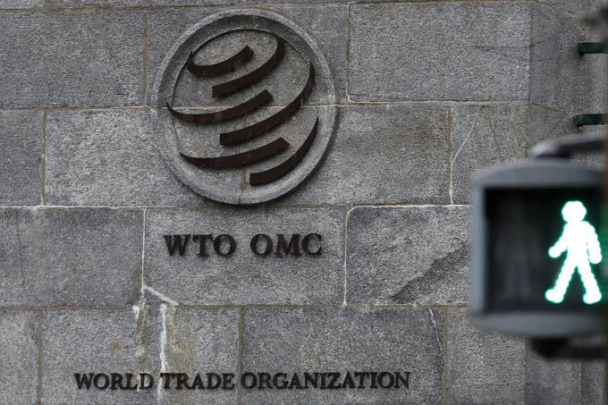
14:12 / 05.01.2026
Government steps up legal reforms to finalize WTO accession
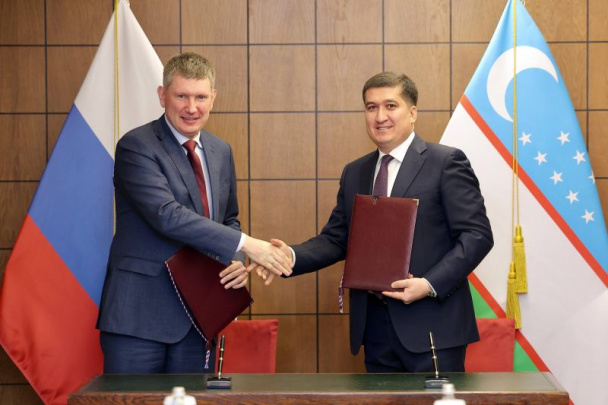
12:06 / 22.12.2025
Uzbekistan finalizes WTO accession protocol with Russia
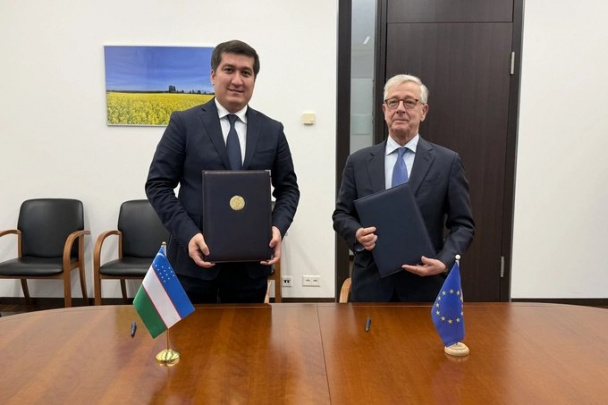
16:10 / 19.12.2025
Uzbekistan moves closer to WTO membership after signing agreements with EU and Ecuador
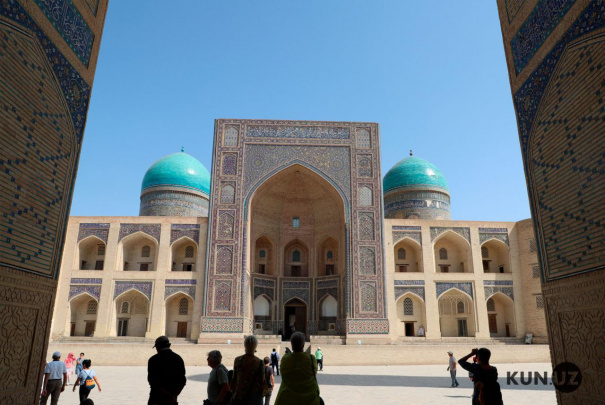
19:12 / 18.12.2025




